For many in the UK, becoming a buy-to-let landlord represents an appealing investment opportunity.
However, navigating the complex world of property taxes can be a daunting task. In 2023, there are lots of things you need to know before you get started building your property empire.
This guide aims to provide a comprehensive overview of the various taxes buy-to-let landlords need to consider, from stamp duty to capital gains tax.
Stamp Duty Land Tax (SDLT)
When purchasing a buy-to-let property, landlords must pay stamp duty land tax (SDLT).
The amount of SDLT payable will depend on factors including the property’s purchase price and whether it’s your first property or an additional property.
There is a higher SDLT rate for additional properties, which includes buy-to-let properties. It’s crucial to check the most current rates and rules, as these can frequently change.
Income tax on rental income
As a buy-to-let landlord, the income you earn from renting out your property is subject to income tax. This tax is calculated on your rental income after deducting allowable expenses.
Allowable expenses can include:
- property maintenance and repairs
- letting agent’s fees
- building insurance
It’s essential to maintain accurate records of all income and expenses to ensure correct tax calculation.
Corporation tax for limited companies
Some landlords choose to manage their buy-to-let properties through a limited company. If this is the case, the profits earned from rental income are subject to corporation tax, not income tax.
Corporation tax often has different rates and rules compared to income tax, and it’s important to be aware of these differences, especially in terms of profit retention and extraction strategies.
Capital gains tax
When you sell a buy-to-let property, you may need to pay captial gains tax (CGT) on the profit (the difference between what you paid for the property and what you sold it for).
There are certain allowances and reliefs available which can reduce the amount of CGT payable.
For instance, private residence relief may apply if the property was at some point your main home. It’s advisable to get professional advice to understand how these reliefs could apply to your situation.
VAT considerations
While residential rental income is generally exempt from VAT, if you provide any additional services (like cleaning in a holiday let), these may be subject to VAT.
If your total income from such activities exceeds the VAT threshold, you may need to register for VAT.
Other things to consider
National Insurance
If you’re a landlord running your buy-to-let business as a sole trader and making a profit above a certain threshold, you may also be liable to pay class 2 National Insurance contributions.
Inheritance Tax
This could be a factor if you plan to pass your property portfolio to the next generation. Planning ahead with a tax adviser can help mitigate potential inheritance tax liabilities.
Wear and tear allowance
Previously, landlords could claim a ‘wear and tear allowance’ for furnished properties. However, this has been replaced with a new system that only allows landlords to deduct costs they actually incur.
Tips for buy-to-let landlords
Stay informed
Tax laws and rates can change, so it’s vital to stay updated with the latest information so you always stay compliant.
Record keeping
Maintain meticulous records of all income and expenses related to your property. This can save you time and stress when filing your annual tax return and claiming expenses.
Seek professional advice
Tax matters can be complicated, especially if you own multiple properties or operate through a limited company. Consulting with a tax professional is recommended for tailored advice.
Need more information?
Being a buy-to-let landlord can be a lucrative venture, but it comes with its fair share of tax responsibilities.
With proper guidance and diligent financial management, buy-to-let landlords can navigate these tax obligations successfully, ensuring their investment journey is as smooth and rewarding as possible.
We’ve helped countless property owners build, maintain and improve a portfolio that will withstand even the strongest of financial storms. Unsure what you need to do to get there? Give us a call.

